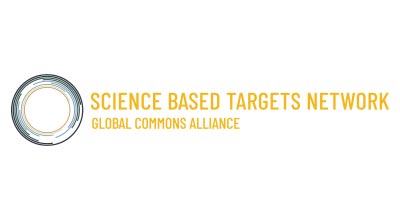
Building materials provider Holcim says it was selected by SBTN among the first seventeen global companies and the only one in its industry, based on its advanced science-driven approach to nature.
Holcim’s biodiversity targets are based on its Biodiversity Indicator and Reporting System (BIRS) developed in partnership with IUCN to ensure a measurable and positive impact on biodiversity, as well as freshwater reduction and replenishment commitments. This work builds on Holcim’s 1.5°C-aligned climate targets, validated by the Science Based Targets initiative (SBTi).

The SBTi is a partnership between CDP (formerly the Carbon Disclosure Project), the United Nations Global Compact, World Resources Institute (WRI) and the World Wide Fund for Nature (WWF).
With the launch of the new science-based targets for nature, SBTN is providing guidance for all companies to holistically assess and prioritise their environmental impacts and to prepare to set science-based targets, beginning with freshwater and land. The guidance is aligned with global goals on climate, nature, and development, including the Global Biodiversity Framework, the Paris Agreement, and the UN Sustainable Development Goals. Learn more about the first science-based targets for nature from the introductory webinar.
Magali Anderson, chief sustainability and innovation officer at Holcim, commented: "At Holcim, we take a rigorous, science-based approach to nature. Building on our nature strategy, we are delighted to be selected by the Science Based Targets Network to be among the first group of companies to submit freshwater and land targets for validation. Setting science-based targets for nature is key to making a real and measurable impact to preserve and restore biodiversity and freshwater ecosystems. As part of this initiative we aim to bring our climate and nature action closer together."
Erin Billman, executive director of the Science Based Targets Network: "By understanding and addressing their environmental impacts, companies such as Holcim can help mitigate supply chain disruptions, get ahead of regulatory compliance, and increase business value through access to capital and competitive advantage. I'm glad to see them seize the opportunity now and start assessing their impact on Earth’s finite resources and prepare to set the first science-based targets for nature.”










